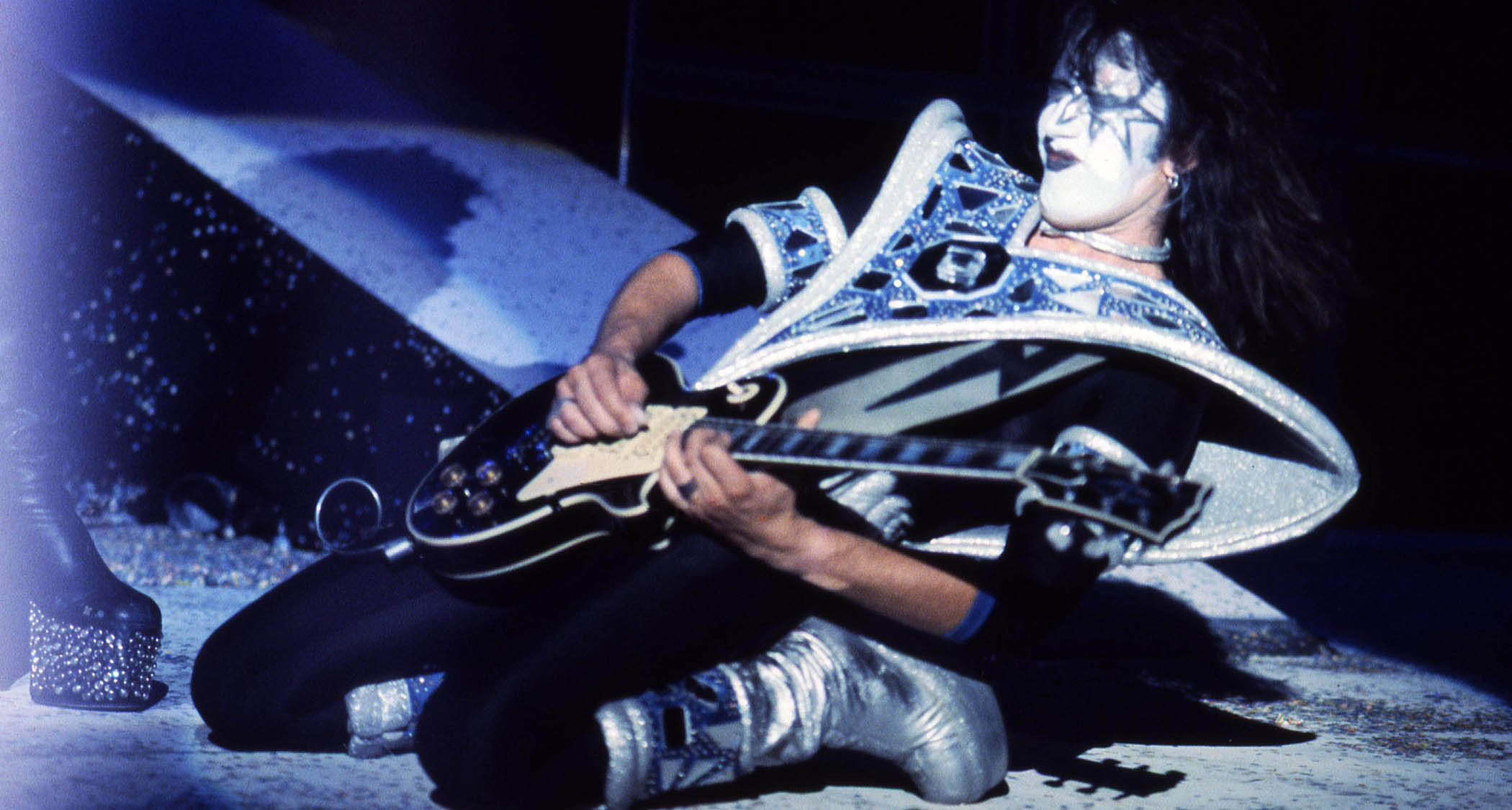Top 30 All-Time Greatest Punk Albums
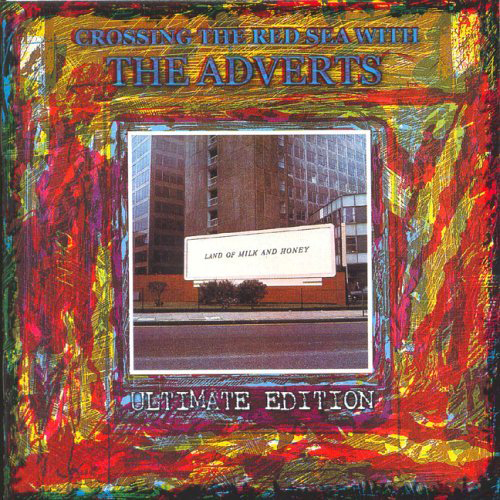
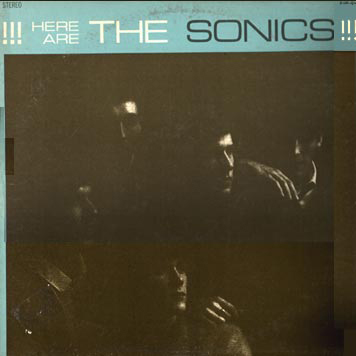
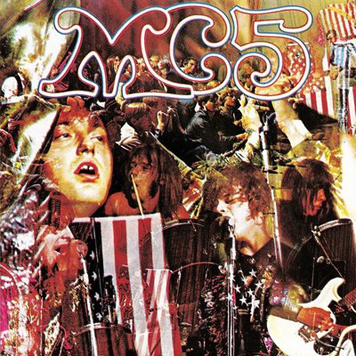
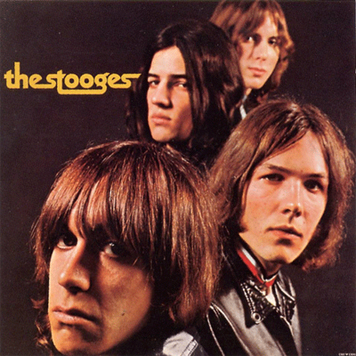
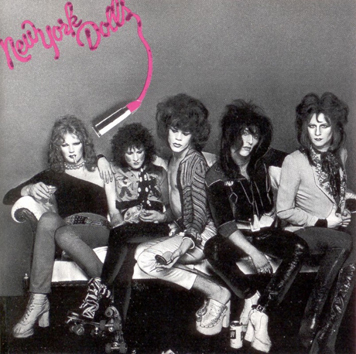
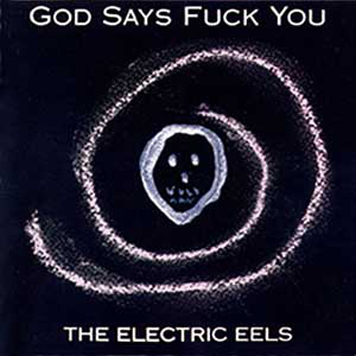
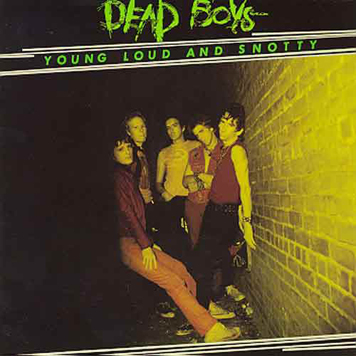
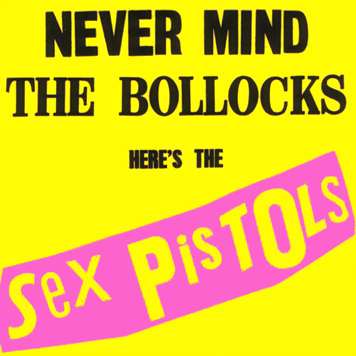
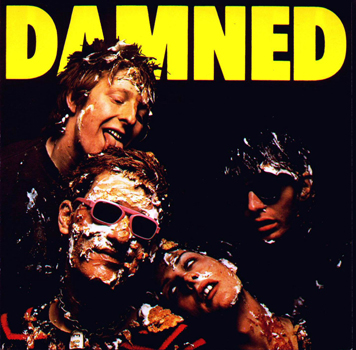
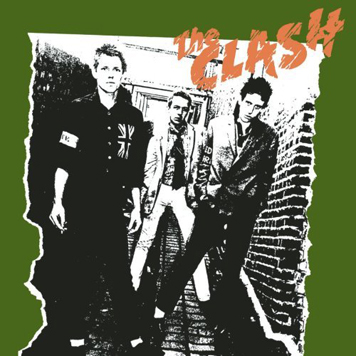
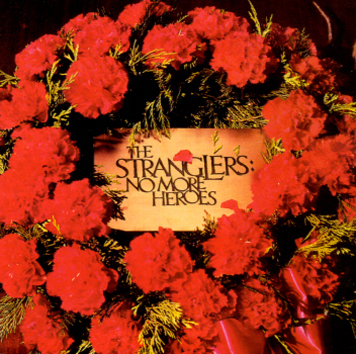
See below for a gallery of the remaining album covers.
11) ADVERTS—Crossing the Red Sea with the Adverts (Link Classics, 1977)
One of the least celebrated of punk’s class of ’77, these Brits were in reality musical primitives who made up for their lack of technical finesse with a bellyful of imagination and came up with a nearly perfect album for their trouble. Taking punk’s snotty pretensions seriously, they neither spared themselves (“One Chord Wonders”) nor their audience (“Safety in Numbers”). The Adverts are also notable for being the first punk band to have a female rhythm section, an innovation that seemed wildly radical at the time.
12) DEVO—Q: Are We Not Men? A: We Are Devo! (Warner Bros., 1978))
This record was to punk rock what the Residents and Captain Beefheart are to rock and roll—a deranged mutation that somehow manages to catch the essence of the genre. Devo’s music was off-the-wall and extremely catchy. Their dress style—yellow chemical suits and 3-D glasses, new standards in the art of punk-rock show biz. And the track "Gut Feeling" is as soulful as any song ever written.
13) STIFF LITTLE FINGERS—Inflammable Material (Rough Trade, 1979)
These Belfast natives put out an album that was a poppy, punky, raw-vocaled masterpiece and an utter joy to behold. Listening to it now, it sounds like everything the Clash wished they could be, but never were. Stiff Little Fingers also inspired a great number of bands to come, including the Undertones.
14) BUZZCOCKS—Singles Going Steady (Sire, 1979))
Great, snappy songwriting, hilarious lyrics and tons of cool harmonies. They did great takes on teenage life that hadn’t been dealt with in such an upfront, funny way before, as with the song “Orgasm Addict.” The Buzzcocks’ sound was the predecessor for the whole Gilman Street scene in San Francisco and, by extension, most of Cali punk.
15) THE GERMS—(GI) (Slash, 1979)
Darby Crash was the L.A. scene’s poster boy for the joys of self-annihilation, but then where would punk be without its share of ugly death? On this 1979, Joan Jett-produced album, which is catapulted into greatness by Pat Smear’s raging guitar, the ultimate casualty bawls and brays his way through desperately ravaged tunes like “Manimal” and “We Must Bleed,” making the need for writing a suicide note a year later utterly superfluous.
16) GANG OF FOUR—Entertainment (Warner Bros., 1979)
A very influential album with regard to what we now recognize as alternative music. With power-soaked guitar noise, angular riffs and angry, witty political lyrics, this album is the reason bands like Fugazi exist. Their second album, Solid Gold, was equally awesome—but after that, they completely lost it.
All the latest guitar news, interviews, lessons, reviews, deals and more, direct to your inbox!
17) MISFITS—Misfits Walk Among Us (Plan 9, 1980)
Fronted by Glenn Danzig, the Misfits always looked like a zombie football team—ready to crack someone's skull and eat their brains at the sound of the whistle. Misfits Walk Among Us, their first album, was a compilation of many of their early seven-inches, and the music and vocals influenced such major acts as Metallica, Slayer, and every other metal/punk band out there. Lyrically, they were into old movies and scary monsters. They have now returned to the punk arena (sans Danzig), proving you just can't kill a zombie.
18) MOTORHEAD—Ace Of Spades (Mercury, 1980)
This is the only album in history that can possibly be called the best speed metal, hardcore, punk, and heavy metal album of all time. Ace Of Spades is a vicious juggernaut of inspired nastiness, with despicable lyrics, Lemmy’s untouchable bass playing and more bad attitude than Pat Buchanan on PCP.
19) PLASMATICS—New Hope for the Wretched (Stiff America, 1980)
Frontwoman Wendy O. Williams was probably best known for having the greatest rack in punk rock¬—firm, proud and mostly covered in electrical tape. The music on this album is fast and furious, and severely punk rock in the sense that, during the recording of “Dream Lover,” the band went into separate isolation booths and played simultaneously without hearing or seeing one another! And it sounds like it.
20) X—Los Angeles (Slash, 1980)
On their 1980 harmonies-with-an-attitude debut, X anticipated Cali-punk by almost a decade, but they are saved from onus of being the forefathers of that genre by the sheer nastiness of songs like “Johnny Hit and Run Pauline” and “Your Phone’s Off the Hook, But You’re Not.” Billy Zoom’s manic rockabilly guitar injected an extra dose of barbed frenzy into the tunes, and the Offspring would be well served checking him out the next time they’re looking to steal a winning riff.
21) CIRCLE JERKS—Group Sex (Frontier, 1980)
The Circle Jerks’ first record shows how a bunch of bored kids from the suburbs of California can be just as pissed off as anyone and play some real punk rock. The tracks "I Just Want Some Skank" is truly classic.
22) DEAD KENNEDYS—Fresh Fruit for Rotting Vegetables (Alternative Tentacles, 1980)
Undeniably the best-named band in history, the Dead Kennedys brought politics into American punk on this, their fast and furious debut. Equipped with a vox that claws its way under your skin, Jello Biafra heaped ridicule on the “father knows best” illusions of Reagan's America with an irony and incisiveness that was unfortunately lost on the legions of P.C. punks who followed in his wake.
23) MINUTEMEN—Paranoid Time (SST, 1980)
This was the first and purest expression by these San Pedro, California, cultural radicals and it really delivered on punk’s anti-pop promise with a sonic spew that only by the most liberal standards could be called songs. There are no choruses or versus here, just one minute blasts of inspired rage loosely held together by D. Boone's ranting vocals and Mike Watts’ blurting bass. The seven cuts rendered in under seven minutes on this 1980 EP are probably mistakenly credited for inspiring hardcore and are now available on CD as part of the Minuteman compilation, Post-Mersh, Vol. 3 (SST).
24) MINOR THREAT—Minor Threat (Dischord, 1981)
Punk's first straight-edge band. Minor Threat, fronted by Ian MacKaye (now of Fugazi, who are on indefinite hiatus, and the Evens), defined that early hardcore Marshall stack sound, with lyrics that were truly personal, serious and not about getting fucked up at all. This record is considered a landmark in punk history, and other members of this band have since joined such acts as the Meatmen and Bad Religion.
25) MEATMEN—We're the Meatmen, and You Suck! (Touch and Go, 1981)
Originally released on Touch and Go Records, this album was as hilarious, raw and angry-as-hell now as when it was released. When lead singer Tesco Vee belted out lyrics like "Oh Mr. Tapeworm, you make my ring burn,” and “Buttocks, I love buttocks,” you knew this band meant business. The Meatmen pioneered a style that later became a major factor in the sound of hardcore.
26) BLACK FLAG—Damaged (SST, 1981)
From the first notes of “Rise Above” to Henry Rollins’ ending screams on “Damaged,” this album defined the early crossover from punk to hardcore. Every song on this album is a classic, and Greg Ginn's guitar leads set a new standard in eardrum-piercing insanity. Damaged is the best thing Black Flag—or Rollins, for that matter—ever did.
27) ANGRY SAMOANS—Back From Samoa (Bad Trip, 1982)
Early veterans of the L.A. punk scene, the Samoans came together to create what is now considered the funniest and most psychotic punk album of all time. With songs like “They Saved Hitler's Cock,” “Gas Chamber,” “My Old Man's a Fatso” and much more, this band injected a brand of much needed, willfully politically incorrect humor into the punk scene.
28) CRASS—Christ,the Album (Crass, 1982)
The ultimate album from the ultimate English “Do it Yourself” anarcho-punk outfit originally came with a 24-page booklet of assorted political rants and a poster when it was released in ’82, but you don’t need to sit down for an evening of heavy reading to figure out where they were coming from. In every song these cockney rebels wail away at the injustices of the system, with racism, sexism and militarism all getting their just due. But what could be an hour-plus spent in strident politico hell isn’t because, while Crass may have been crude, they weren’t completely artless. Unlike their hardcore brethren on this side of the Atlantic, they paid attention to individual song structures and delivered their blows in a lively combination of styles. Strings even make an appearance on one tune.
29) BAD RELIGION—Suffer (Epitaph, 1988)
In the face of the onslaught of their imitators, it’s easy to forget what a breath of fresh air Bad Religion was in ’88. Suffer broke the brutal testosterone-infused chokehold of hardcore on punk and along the way introduced a new generation to the forgotten art of writing lyrics and melodies. It also didn’t hurt that Brett Gurewitz and Greg Graffin knew how to balance their rage with heavy doses of intellect and weren’t such tough guys that the thought of adding a little harmony into a tune didn’t fill them with mortal terror.
30) RAMONES—RamonesMania (Sire, 1988)
Clad in leather jackets and holding cheap guitars, the Ramones are the quintessential punk rock band. They, along with writers Legs McNeil and John Holstrom of Punk magazine, coined the term "punk rock." The music on this greatest hits/sampler album is simple, straightforward and it changed history forever. This is the Ramones at their best. Of course, you can’t go wrong with their debut, Ramones, either.


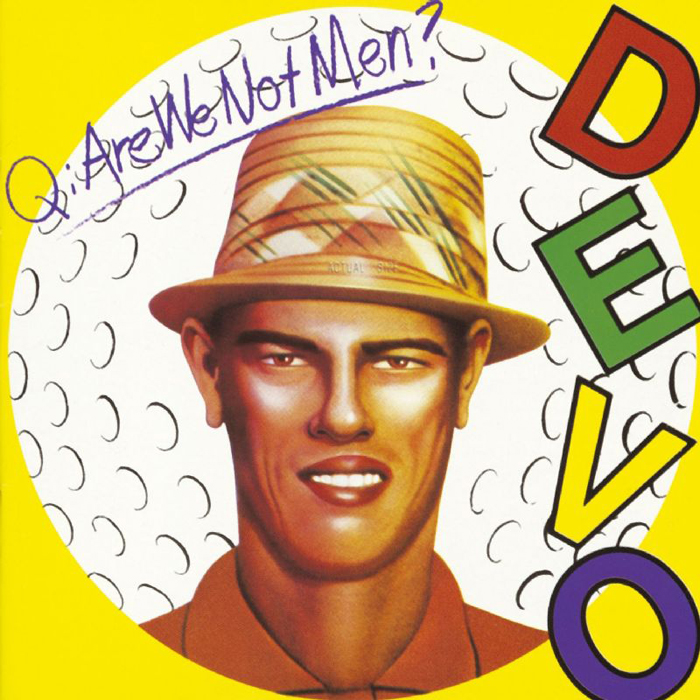
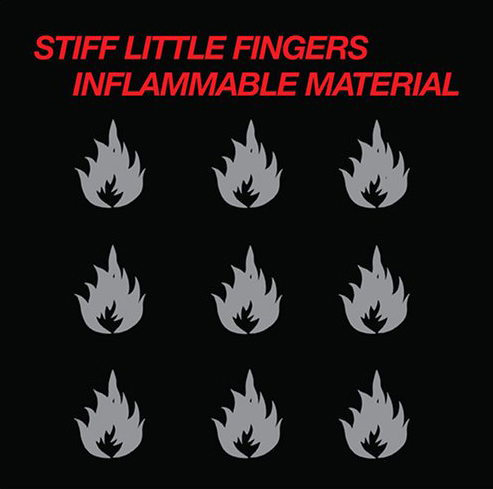
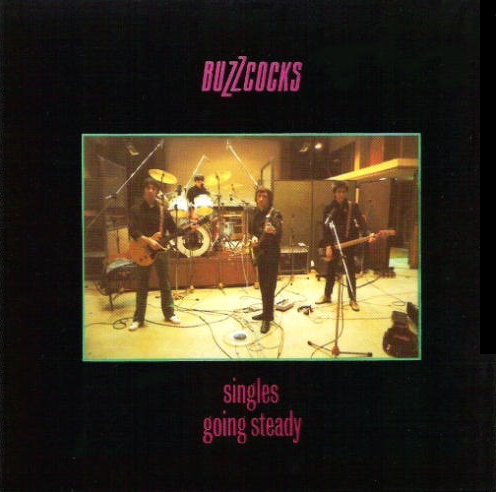
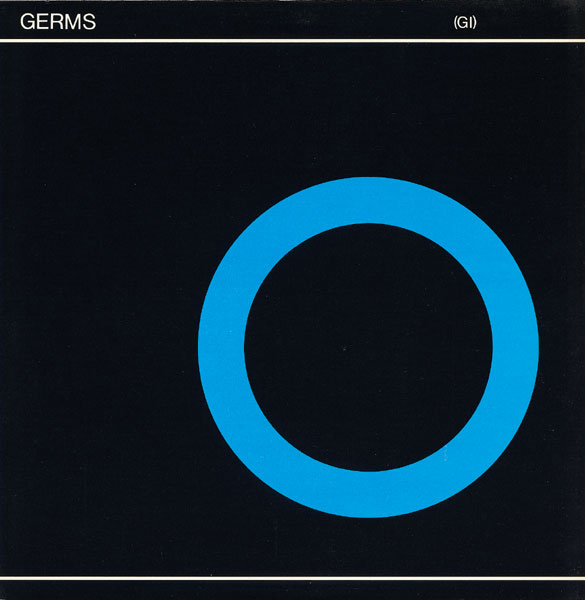
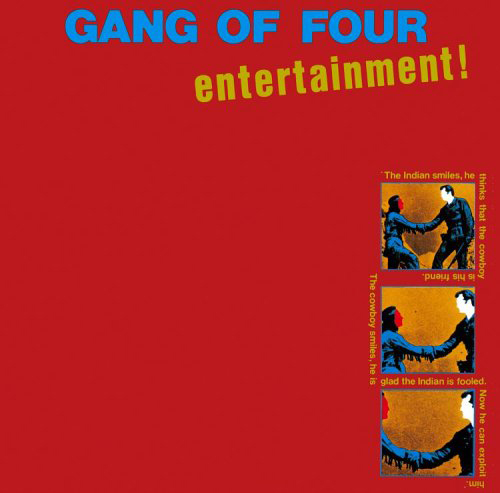
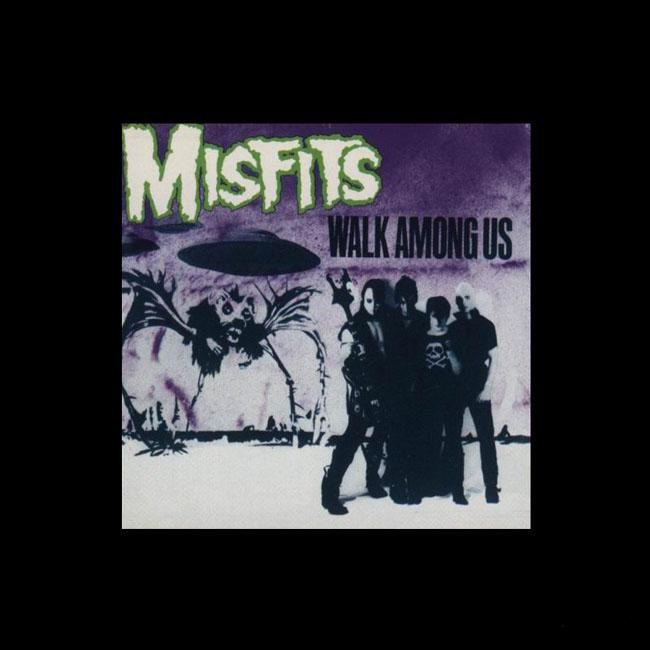
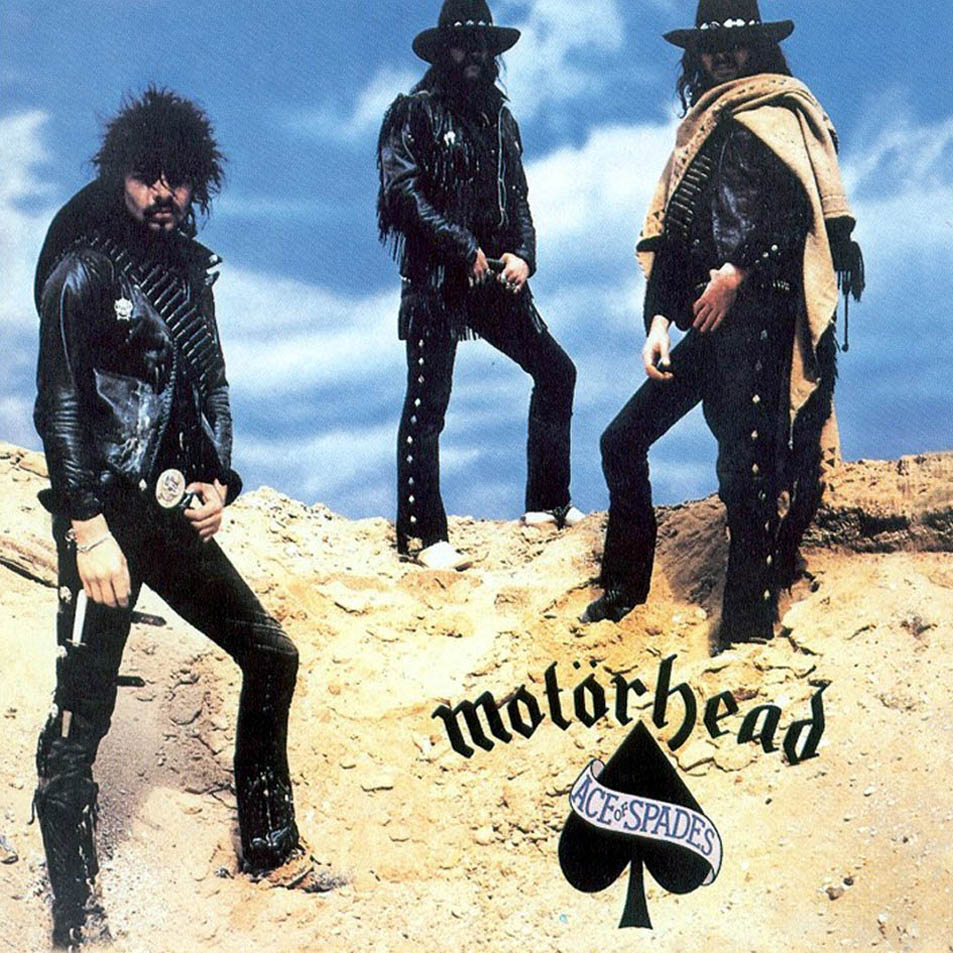
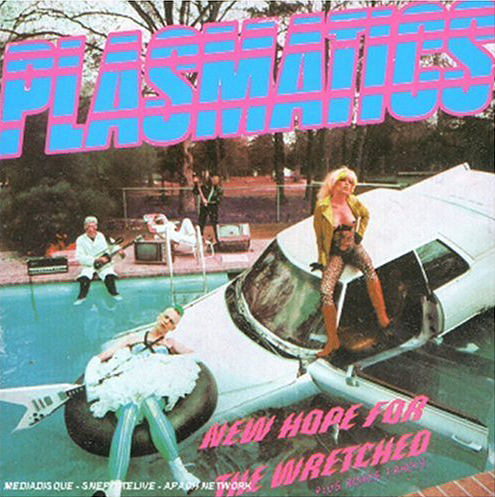
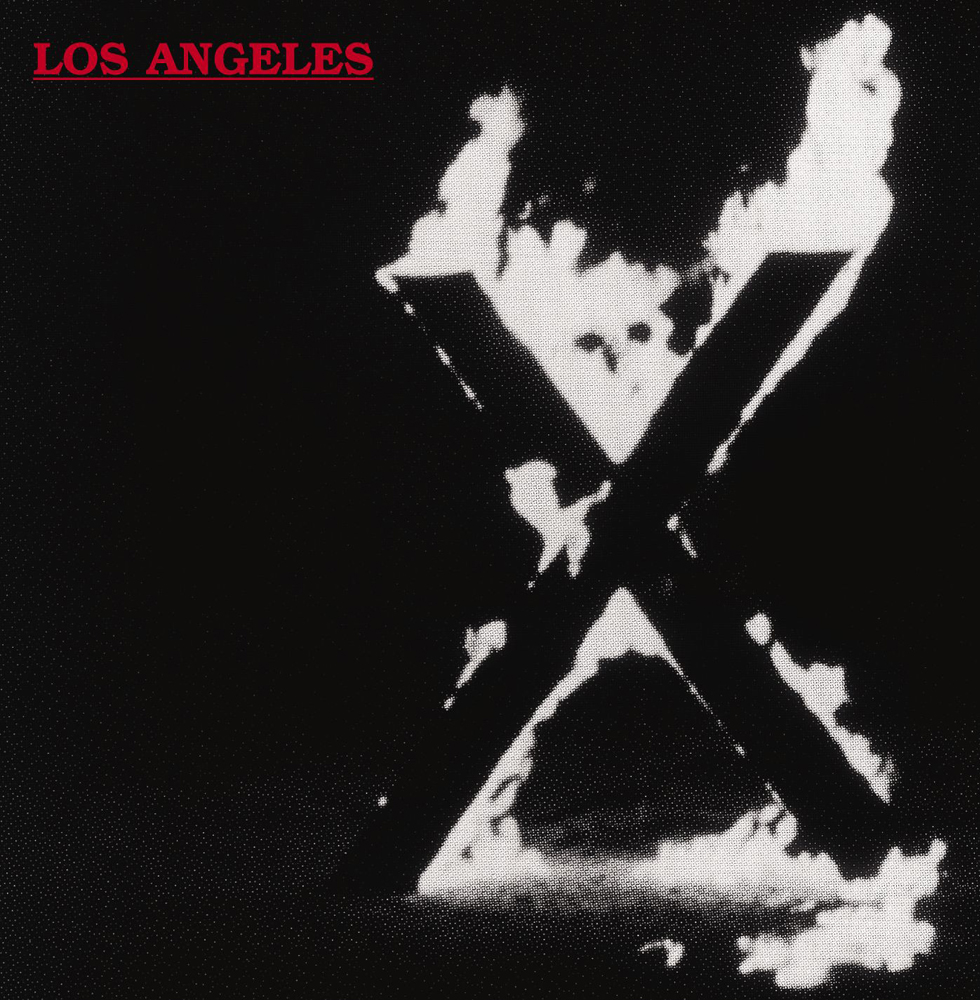
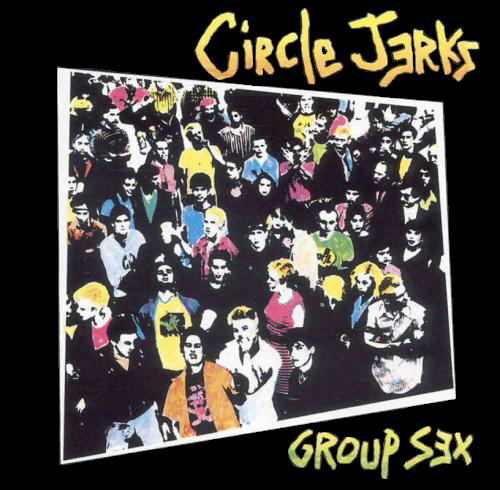
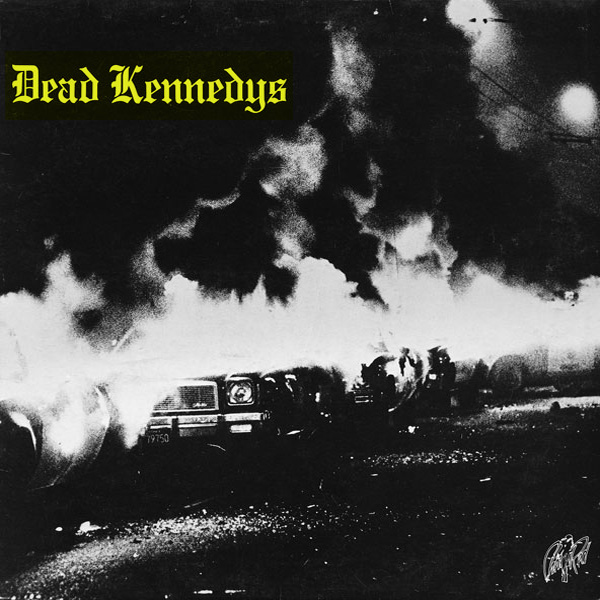
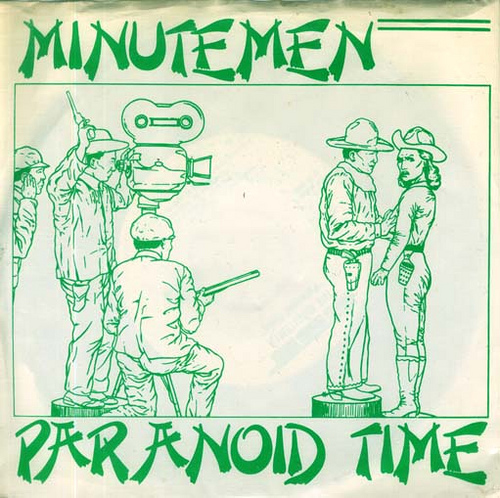
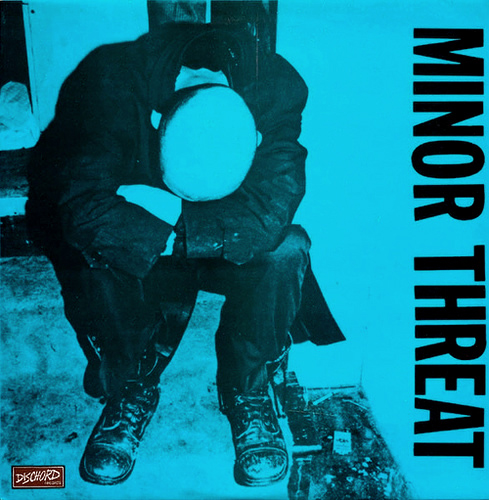
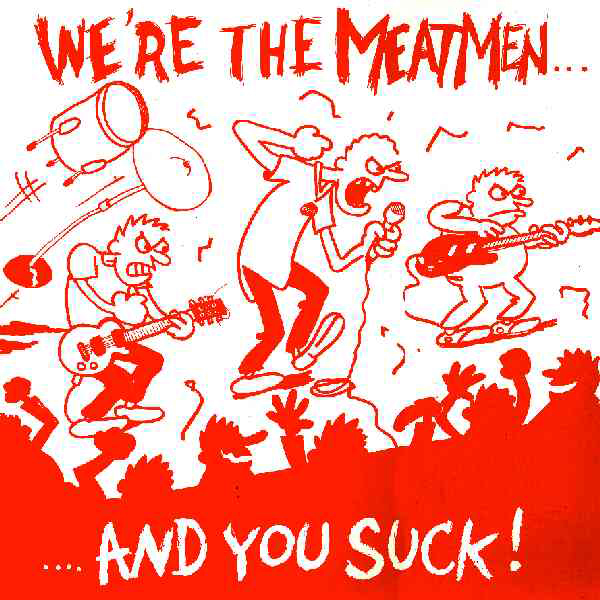
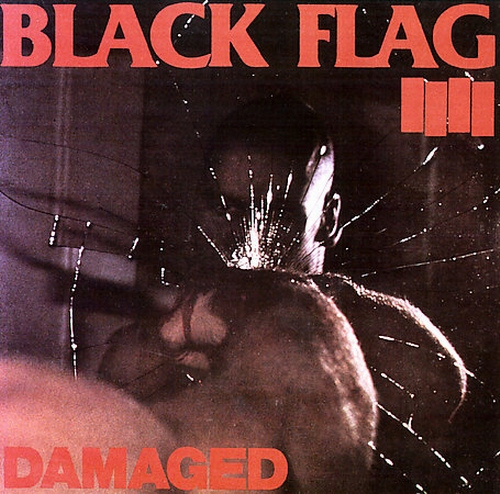
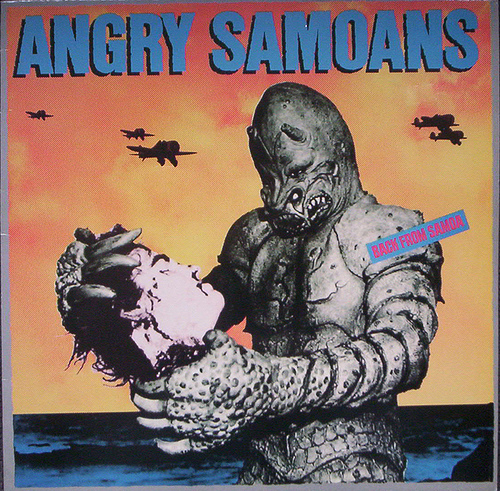
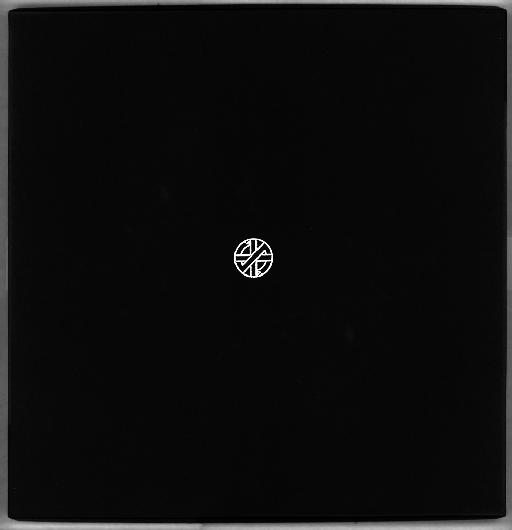
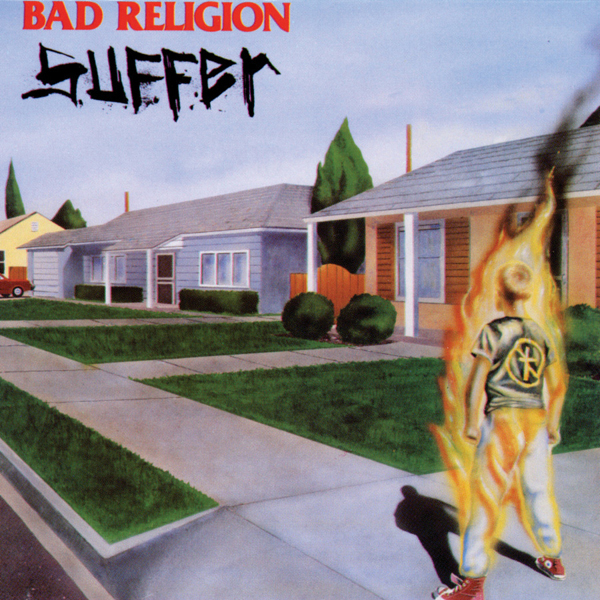
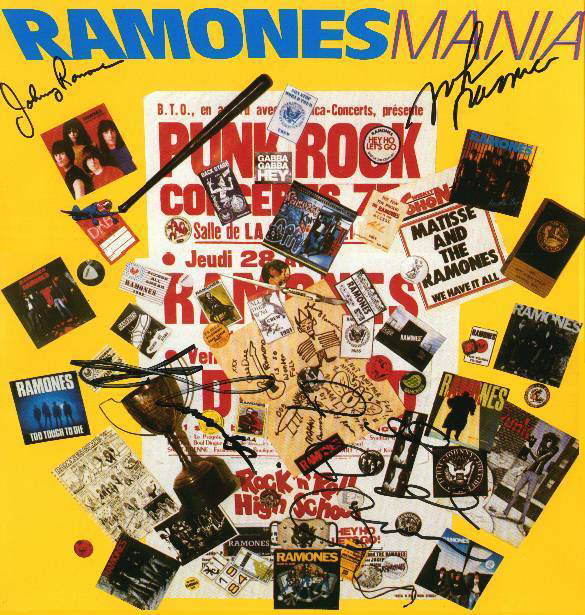
Since 1980, Guitar World has been the ultimate resource for guitarists. Whether you want to learn the techniques employed by your guitar heroes, read about their latest projects or simply need to know which guitar is the right one to buy, Guitar World is the place to look.

